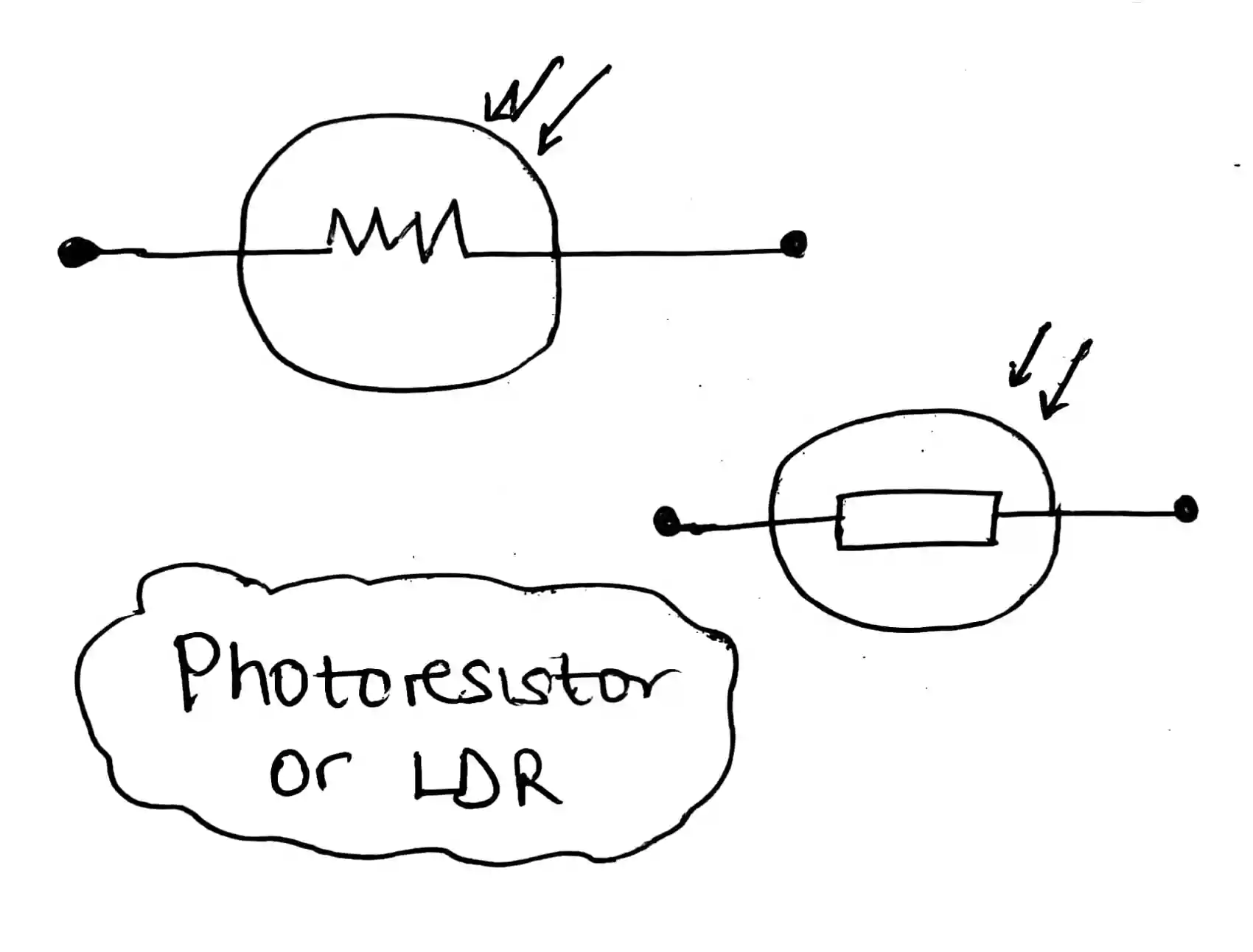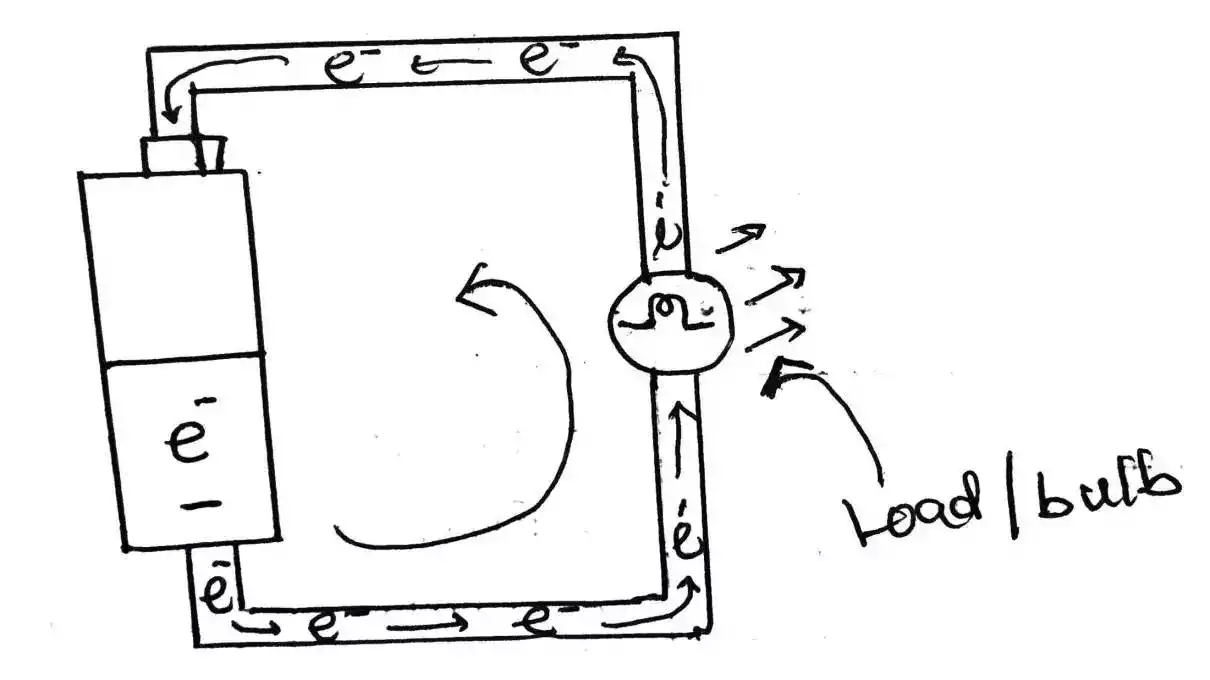Difference Between Chemical Engineering and Industrial Chemistry
When it comes to the fields of chemical engineering and industrial chemistry, there is often confusion about the differences between them.
While both disciplines deal with chemicals and their applications, they have distinct focuses and areas of expertise.
In this article, we will look into the differences between chemical engineering and industrial chemistry, shedding light on their unique characteristics, educational requirements, career prospects, and the roles they play in various industries.
Table of Contents
What is Chemical Engineering?
Chemical engineering is a branch of engineering that applies the principles of chemistry, physics, biology, and mathematics to design, develop, and optimize chemical processes.
It involves the creation and implementation of processes for converting raw materials into valuable products on an industrial scale.
Chemical engineers work with various substances, including chemicals, fuels, pharmaceuticals, food, and more.
The field of chemical engineering encompasses a wide range of industries, such as petrochemicals, pharmaceuticals, energy, environmental engineering, and materials science.
Chemical engineers play an important role in ensuring the efficiency, safety, and sustainability of chemical processes while considering economic factors.
What is Industrial Chemistry?
Industrial chemistry, on the other hand, focuses on the application of chemical principles in industrial settings. It involves the development and production of chemicals, materials, and consumer products on a large scale.
Industrial chemists are responsible for optimizing manufacturing processes, ensuring product quality, and implementing safety measures.
Industrial chemistry finds its applications in diverse sectors, including manufacturing, cosmetics, textiles, electronics, and more.
It encompasses research and development, production, quality control, and regulatory compliance.
Industrial chemists work on improving existing products, developing new formulations, and identifying cost-effective manufacturing methods.
Difference Between Chemical Engineering and Industrial Chemistry
The key difference between chemical engineering and industrial chemistry lies in their core objectives. Chemical engineering primarily focuses on designing and optimizing chemical processes, whereas industrial chemistry emphasizes the production and development of chemical products.
Chemical engineering involves designing and operating large-scale chemical processes, considering factors such as heat transfer, mass transfer, fluid flow, and reaction kinetics.
Chemical engineers apply engineering principles to transform raw materials into valuable products, ensuring safety, efficiency, and cost-effectiveness.
Industrial chemistry, on the other hand, revolves around the manufacturing and improvement of chemical products.
Industrial chemists work on product formulation, process optimization, quality control, and regulatory compliance.
Their expertise lies in scaling up laboratory processes to industrial production, with a strong emphasis on product quality and cost efficiency.
Educational Requirements
To pursue a career in chemical engineering, a bachelor’s degree in chemical engineering or a related field is typically required.
The curriculum includes courses in mathematics, chemistry, physics, thermodynamics, process design, and engineering principles.
Many universities also offer master’s and doctoral programs in chemical engineering for further specialization and research opportunities.
For a career in industrial chemistry, a bachelor’s degree in chemistry, industrial chemistry, or a related field is often required.
The coursework typically covers organic chemistry, inorganic chemistry, physical chemistry, analytical chemistry, and chemical engineering fundamentals.
Advanced degrees in industrial chemistry or related fields can provide additional career prospects and leadership roles.
Career Opportunities
Chemical engineering offers a wide range of career opportunities across various industries. Chemical engineers can work in sectors such as oil and gas, pharmaceuticals, energy, environmental engineering, food processing, and materials science.
They can pursue roles in process engineering, research and development, plant operations, project management, and environmental sustainability.
Industrial chemistry opens up career paths in manufacturing, consumer products, cosmetics, textiles, electronics, and more.
Industrial chemists can work in product development, quality control, production management, regulatory compliance, and technical sales.
They often collaborate with chemical engineers to translate laboratory research into large-scale production.
Wrap Up
While chemical engineering and industrial chemistry share some common ground in dealing with chemicals, they have distinct focuses and objectives.
Chemical engineering involves the design and optimization of chemical processes, ensuring safety, efficiency, and cost-effectiveness.
Industrial chemistry, on the other hand, revolves around the production and improvement of chemical products, emphasizing product quality and cost efficiency.
Both fields offer exciting career opportunities across various industries, and individuals with expertise in chemical engineering or industrial chemistry can make significant contributions to the development of innovative products and processes.
Frequently Asked Questions (FAQs)
- Is chemical engineering a branch of industrial chemistry? No, chemical engineering is not a branch of industrial chemistry. While they share some common ground in dealing with chemicals, they have distinct focuses.
Chemical engineering primarily focuses on designing and optimizing chemical processes, while industrial chemistry revolves around the production and improvement of chemical products. - Can a chemical engineer work in the field of industrial chemistry? Yes, a chemical engineer can work in the field of industrial chemistry.
The skills and knowledge acquired in chemical engineering, such as process design, thermodynamics, and material science, can be applied to the manufacturing and development of chemical products in the industrial chemistry sector. - What are the key responsibilities of a chemical engineer? The key responsibilities of a chemical engineer include designing chemical processes, conducting experiments, optimizing process efficiency, ensuring safety protocols, analyzing data, managing projects, and collaborating with cross-functional teams.
They are responsible for transforming raw materials into valuable products while considering economic, environmental, and safety factors. - How does industrial chemistry contribute to product development? Industrial chemistry plays a crucial role in product development by optimizing manufacturing processes, formulating new products, improving existing formulations, and ensuring product quality.
Industrial chemists work on scaling up laboratory processes to large-scale production, considering factors such as cost efficiency, performance, and regulatory requirements. - Are there any similarities between chemical engineering and industrial chemistry? Yes, there are similarities between chemical engineering and industrial chemistry. Both fields deal with chemicals and their applications.
They require a strong foundation in chemistry and apply scientific principles in their respective domains. Chemical engineers and industrial chemists often collaborate in industries where chemical processes and product development go hand in hand. - Can one pursue a career in both chemical engineering and industrial chemistry? Yes, one can pursue a career in both chemical engineering and industrial chemistry. The skills and knowledge gained in one field can be applied to the other.
But, it’s important to note that chemical engineering primarily focuses on process design and optimization, while industrial chemistry revolves around product development and manufacturing.





